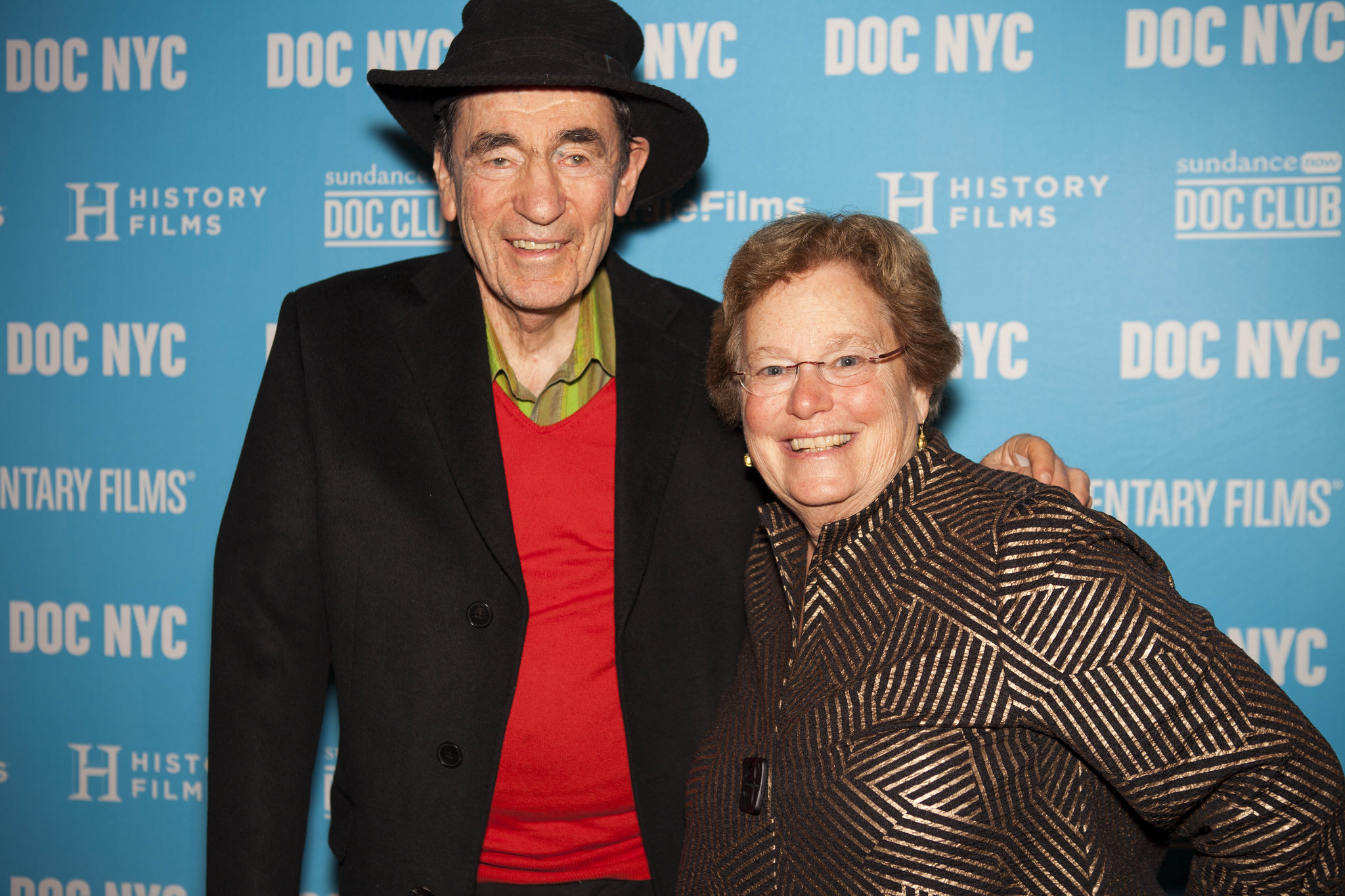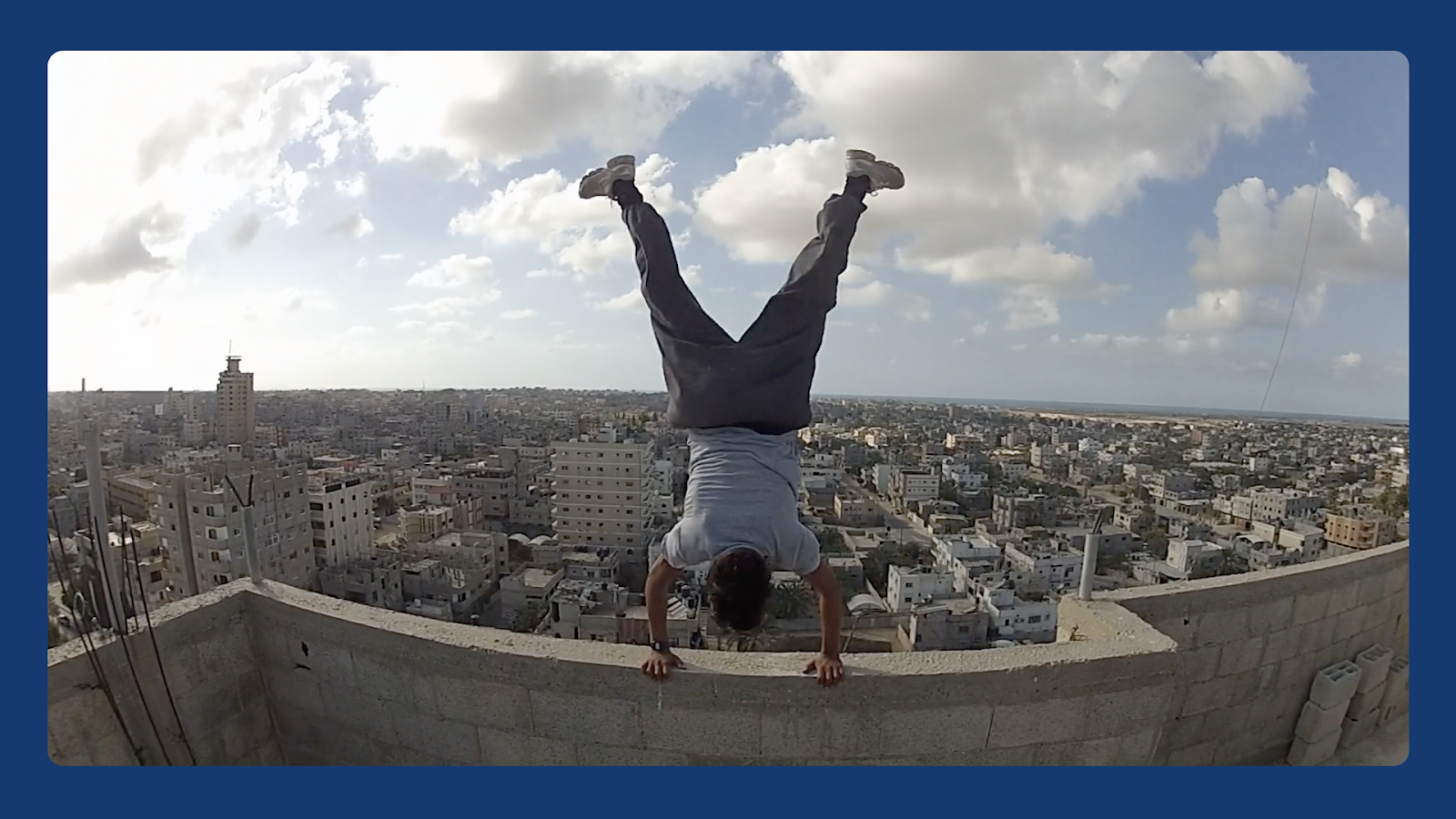Soft Vengeance and “A Persistent Fight for Equality”


Written by Jenna Belhumeur
In Abby Ginzberg’s documentary, Soft Vengeance: Albie Sachs and the New South Africa, viewers are taken through the fight against South African apartheid via the life of one of the country’s most noted activists. Following the film’s screening on Sunday at the SVA Theater, Ginzberg was joined onstage by Sachs for a post-screening Q&A session.
Ginzberg revealed to the audience that while she has made several films about people who have inspired her, the subject of this film almost eluded her. Initially, Sachs did not agree to Ginzber’s documentary proposition. Even after gaining permission from Sachs, Ginzberg hinted at the constant ebb and flow that exists between a documentarian and their subject.
“It’s Albie’s life, but it’s my film,” Ginzberg said about the collaborative process.
Soft Vengeance begins with intensity, using real archival footage from Mozambique in 1988, the day that Sachs was nearly killed by a car bomb. Though the activist lost his right arm, he remained hopeful, even while still lying in the hospital.
“They’d come for me, I’d gotten through, and I only lost an arm,” Sachs said in the film.
The documentary highlights the themes one would expect to find in a movie about human rights: perseverance, struggle, justice. It revisits prominent places and events of Sachs’ past – like his time in jail, the Rivonia Trial, his years in exile – that contributed to a life defined by a persistent fight for equality. Soft Vengeance also includes an impressive array of commentators driving the film’s narration. They range from Supreme Court justices, to Nobel Prize winners, to members of the African National Congress. Most impressively, Ginzberg also managed to secure an interview with the South African military intelligence officer who was responsible for the car bomb operation that was meant to kill Sachs.
Considering Sachs’ quest for justice in South Africa, one audience member at Sunday’s screening asked the activist what wisdom he had to share for our own country where “we seem to have a devolution of freedom.”
As an outsider, Sachs said that he did not see the U.S. like that, noting huge gains that have been made that can serve as platforms for other gains.
“The issues now seem like they’re worse just because they are being discussed,” Sachs said. “But before, they were hidden.”
For more about Soft Vengeance: Albie Sachs and the New South Africa, visit the film page on the DOC NYC website.
Jenna Belhumeur is a current student at Columbia’s Graduate School of Journalism. After graduating from UCLA in 2013, she moved to Thailand for 8 months to teach English and backpack around other countries in Southeast Asia. After Columbia, Jenna hopes to become an internationally based reporter for a major broadcast network or pursue long-form documentary production. Follow her on Twitter @jenna_bel and on Instagram @jennabel

